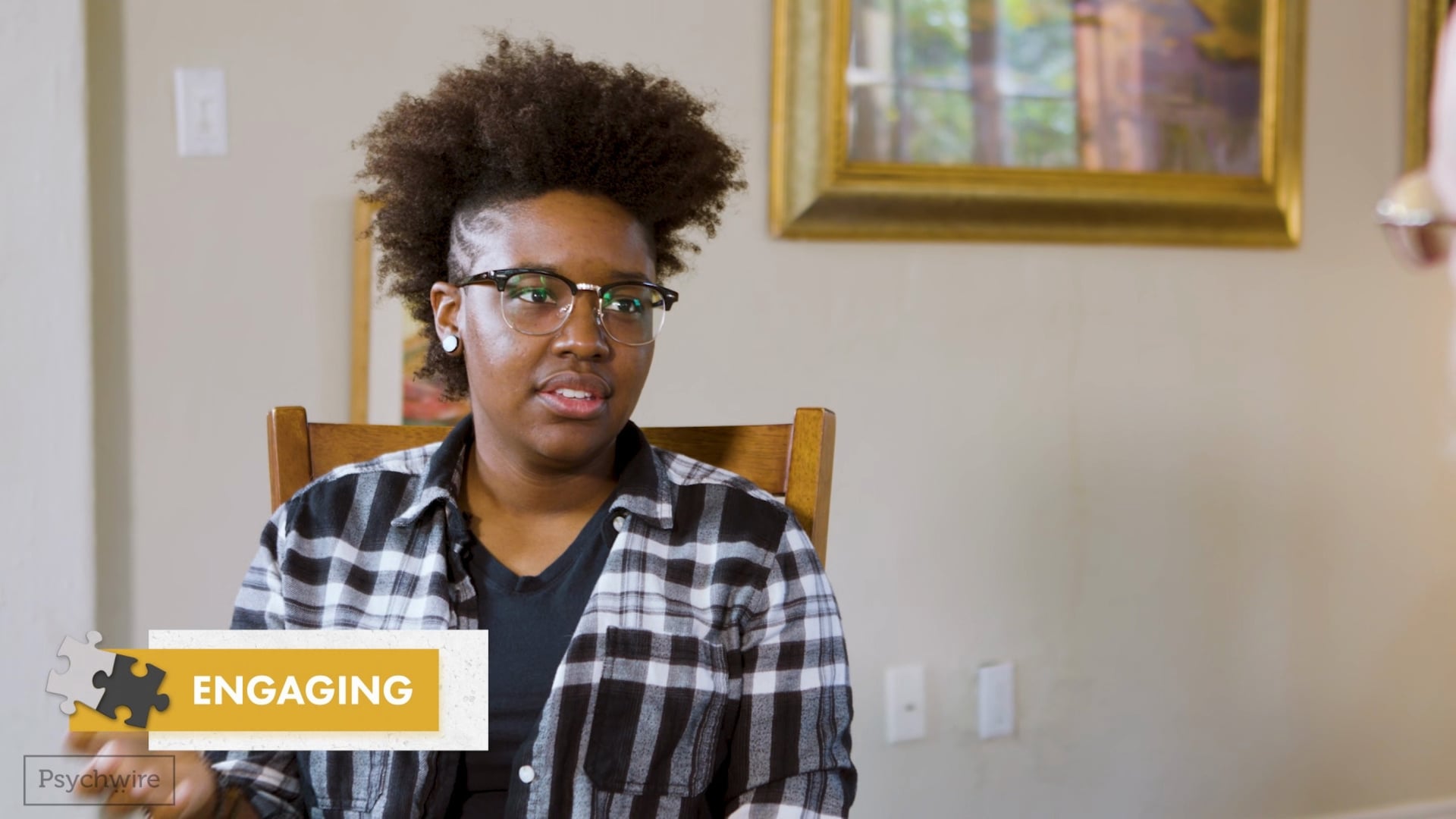
Engaging Skills in Action - OARS
 Motivational Interviewing - Foundational
Motivational Interviewing - FoundationalSo what does the acronym OARS represent? OARS stands for open-ended questions, affirmations, reflections, and summaries. These are the basic engaging skills in motivational interviewing. In my household, like, you grew up just kinda dealing with whatever issue it was. Mhmm. So it's a little different trying to kinda, like, problem solve and, like, fix it instead of just kind of, I guess, ignoring it.
Uh-huh. But But problem solving is how you're thinking about it. What what's going on here? What do I need to do about this? Yeah. Yeah. Energy level? It's up and down. Like, it kinda ebbs and flows. Like, unlike my really rough days, like, when I'm, like, feeling that, like, built up of emotion and, like, wanting to cry for no reason.
It gets pretty bad. Like, I don't leave my couch for, like, hours. Okay. Yeah. And, like, some days, I'm like, oh, well, I'll be like, go to a park or something. Mhmm. But I don't do, like, a lot of, like, outside activity. Yeah. It's Yeah. I mostly try to occupy my time with, like, TV shows or movies or just reading.
And tell me about your work. I, I work in retail. Uh-huh. And that's its own bag of things. Yeah. Just because, like, you it's kinda like being a bartender in a sense where, like, you are taking on the brunt of other people's emotions. Oh, yes. So if I have, like, one of those particularly bad days, then trying to balance my emotion and keep it steady with other people's, like, being either, like, really high or, like, really low, it's kinda hard to try and, like, not have that affect me, like, as much as it's been lately. So lately, it seems more like when you have an upset customer or a Yeah.
Angry customer or something, it just hits you a little harder? Definitely. Like, in the past, I was able to be kind of bit kind of compartmentalize it, you know, and be like, well, it's like, they're mad at the situation. They're not mad at me. But lately, it's kinda like I take every ounce of it personally. Okay. And I'm just like, I I don't know what you want from me kinda thing and just kinda get, like, done with the situation before it's even really started. Yeah.
Yeah. That's so you notice that as a change also. Yeah. Let's see if I got I have a good picture here. And the thing you've told me so far, you definitely notice a change in your sleep, but that's unusual for you. Yeah. You're not enjoying foods, things that you normally like to eat that just, you know, not much, not much pleasure there. You're, you work through the day and then are mostly alone at night.
You make phone calls to somebody. And at work just the interaction with customers is, you know, hits a little more. Energy kind of up and down. Yeah. What what do you make of that? I mean, I wonder you must have had some thoughts about what's going on. There is a diagnostic process going on here, but no rush of close and short answer questions.
Instead, what you saw is an open question followed by reflection and then a short summary, and it illustrates the unhurried spirit of motivational interviewing in the engaging process.